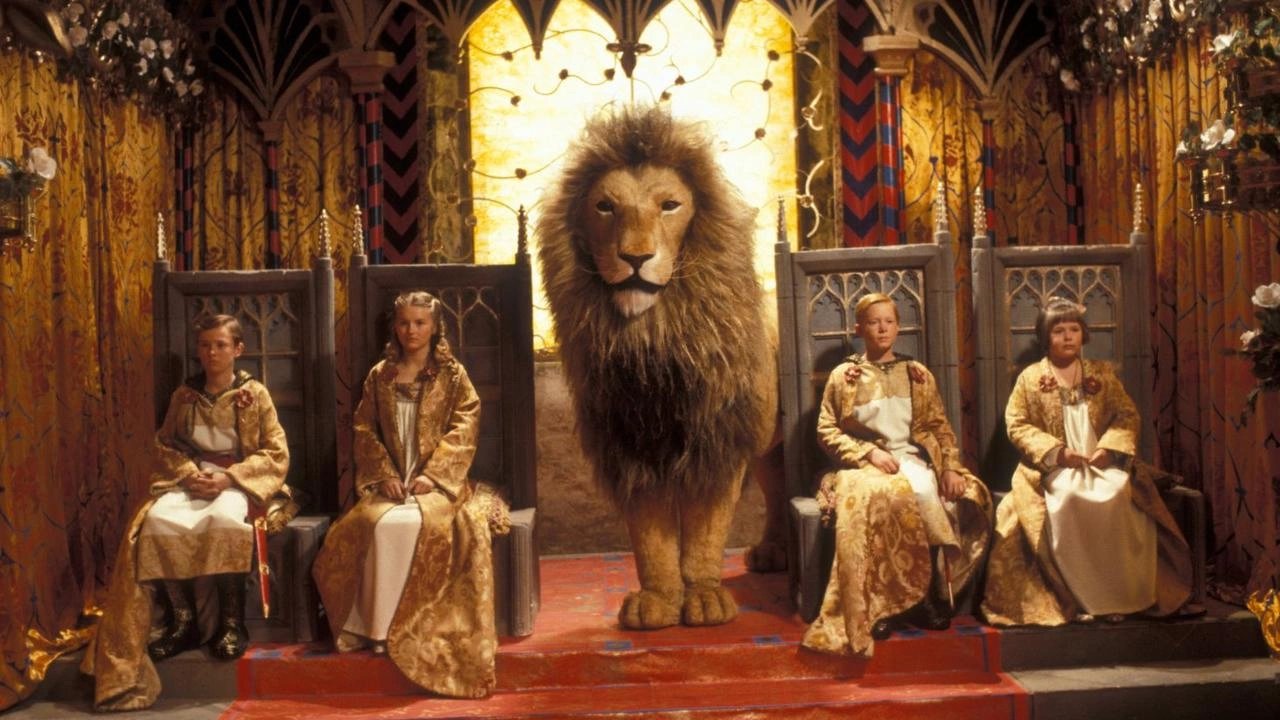The Chronicles of Narnia

“The Chronicles of Narnia” is a classic series of seven fantasy novels written by C.S. Lewis. First published between 1950 and 1956, these books have captivated readers for generations, becoming one of the most beloved works in children’s literature. The series is known for its richly imaginative world, deep themes of morality and faith, and memorable characters. It has sold over 100 million copies worldwide, translated into 47 languages, and continues to inspire adaptations in various forms of media, including films, television, and stage productions.
The series is set in the magical world of Narnia, a land filled with mythical creatures, talking animals, and magical powers. The central plot of the books follows different children who are transported to Narnia, where they embark on adventures and help the land’s inhabitants battle evil forces. The most famous of these children are the Pevensie siblings—Peter, Susan, Edmund, and Lucy—who enter Narnia through a wardrobe in “The Lion, the Witch and the Wardrobe” and become key figures in Narnia’s fight against the White Witch. Throughout the series, the children grow, learn important life lessons, and confront challenges that test their courage, loyalty, and faith.
One of the central themes in “The Chronicles of Narnia” is the battle between good and evil. In each book, the characters must face various forms of evil, from the White Witch’s icy reign to the deceitful plans of other dark forces. However, the series also emphasizes that good will ultimately triumph over evil, often through the sacrifice, bravery, and moral choices of the characters. The character of Aslan, a majestic lion who symbolizes good and is a Christ-like figure, represents the ultimate force of good in Narnia. Aslan’s role as a savior and protector is pivotal, teaching readers that love, selflessness, and courage are key to overcoming darkness.
C.S. Lewis, a devout Christian, incorporated religious and moral allegories throughout “The Chronicles of Narnia.” Aslan, in particular, is often seen as a representation of Christ, with his acts of sacrifice, resurrection, and guidance for the children mirroring the Christian narrative of redemption. The books also explore themes of forgiveness, grace, and the importance of making morally right decisions. Through the characters’ struggles and growth, Lewis teaches readers about the power of integrity, faith, and doing what is right, even in difficult circumstances.

Character development is a crucial element in “The Chronicles of Narnia.” Each book allows the characters to mature and learn important life lessons. For example, Edmund begins as a selfish and stubborn child in “The Lion, the Witch and the Wardrobe” but grows into a noble and brave individual by the end of the series. Lucy, on the other hand, starts as the youngest and most innocent but becomes a wise and compassionate leader. The growth of these characters is central to the overarching narrative, and the readers see them evolve into their best selves as they face trials, make mistakes, and learn from them.

The impact of “The Chronicles of Narnia” extends far beyond its initial publication. The series has influenced generations of readers and remains a staple in children’s literature. The books’ blend of adventure, fantasy, and moral lessons appeals to readers of all ages. Narnia has inspired countless adaptations, including the successful film series starting with “The Lion, the Witch and the Wardrobe” in 2005, which brought the magical world to a new generation of fans. The series’ lasting popularity speaks to its universal themes, memorable characters, and imaginative world.

In conclusion, “The Chronicles of Narnia” by C.S. Lewis is a timeless series that continues to captivate readers with its magical world, complex characters, and moral lessons. Through its tales of bravery, good versus evil, and personal growth, the series imparts important values to its readers while also providing a thrilling escape into a fantastical world. With over 100 million copies sold worldwide and its enduring influence on literature and film, Narnia remains one of the most cherished and influential works of children’s literature ever created.










